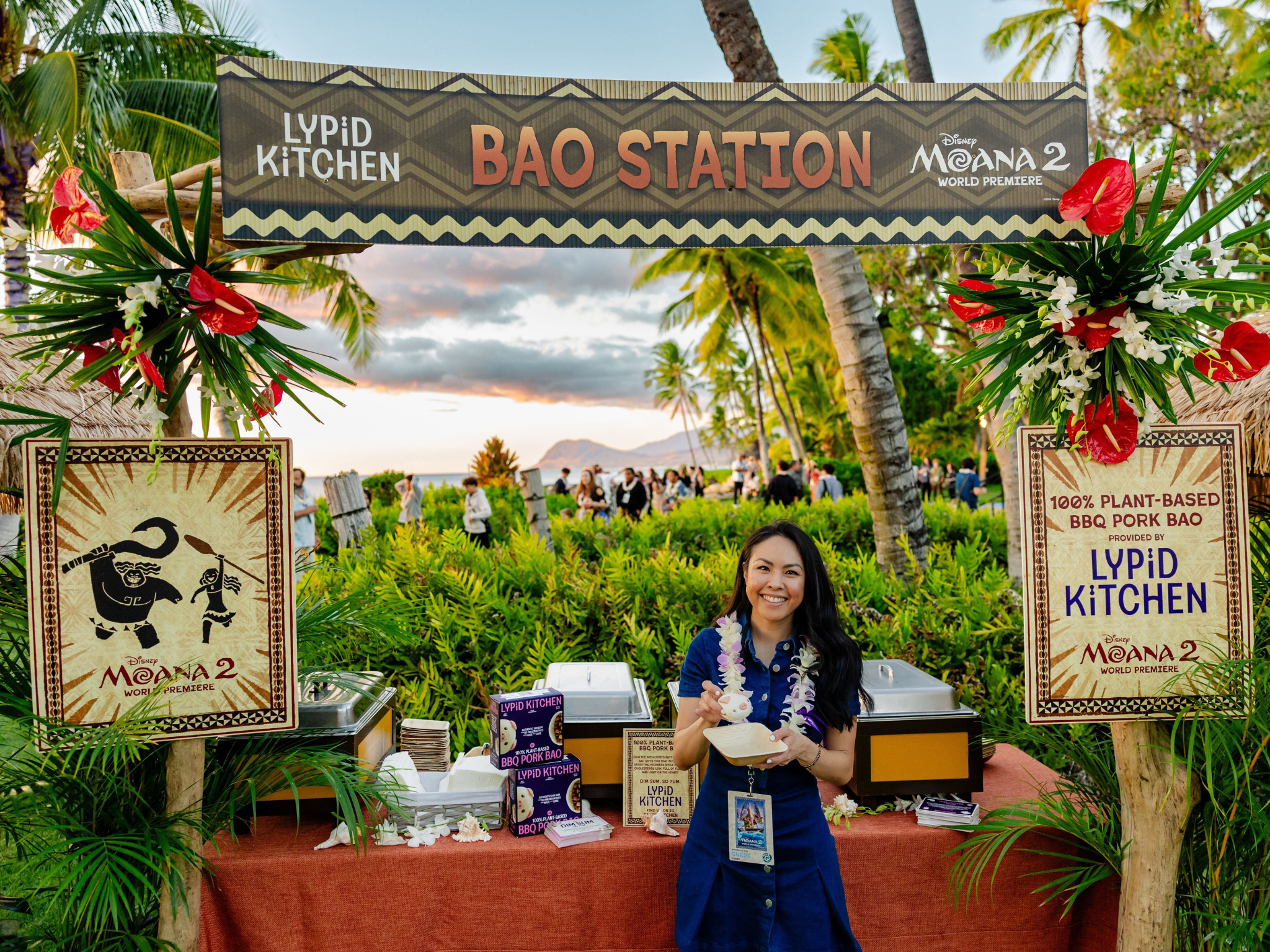
Californian food tech startup Lypid has debuted its consumer brand via a partnership with Disney, serving vegan pork baos at the Moana 2 premiere in Hawai’i.
At the world premiere of Disney’s latest record-breaking film, Moana 2, Pua wasn’t the only pig that stole the show.
Stars, filmmakers, and attendees were among the first groups to taste the BBQ Pork Piggy Bao, a new retail product by Californian brand Lypid Kitchen, which centres around an innovative vegan pork fat.
It’s the retail-focused arm of food tech startup Lypid, which is known for its plant-based animal-like fats. The baos – the brand’s first product line – were on the menu at the Lanikuhonua Cultural Institute in Kapolei (situated on the Hawaiian island of O’ahu), where people gathered to celebrate the sequel to Walt Disney Animation Studio’s 2016 hit, Moana.
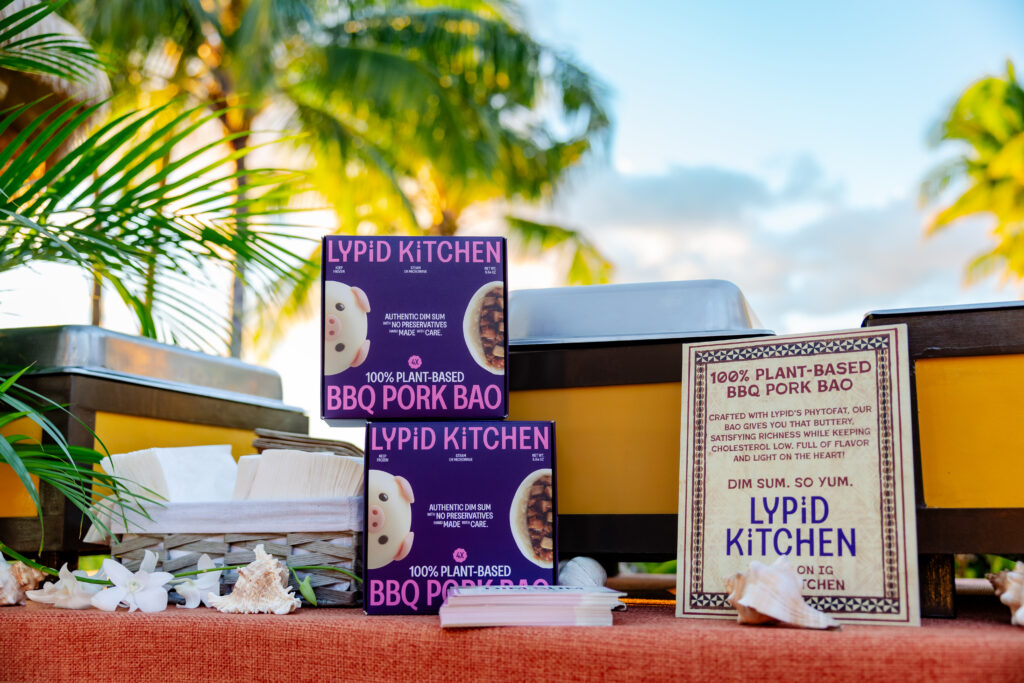
Since the premiere in late November, Moana 2 has turned out to be a Thanksgiving record-breaker at the box office, and banked $389M globally in its first weekend – behind only fellow Disney megahit Deadpool & Wolverine.
“We are thrilled to collaborate with Disney for the Moana 2 World Premiere, a celebration of connection and harmony that aligns perfectly with our mission,” said Lypid co-founder Jen-Yu Huang.
Lypid Kitchen celebrates Asian classics
Lypid’s produces hard fats that have the taste and texture of animal fats and coconut oil, but without the environmental or health detriments. It is low in saturated fat, and contains zero trans fats or hydrogenation.
Its patented microencapsulation technology incorporates and extends flavour delivery into vegan fats, and can retain them even through the cooking process. PhytoFat is a structured fat that is low in saturated fat and has a very high melting point, making it suitable for a range of applications, including plant-based meat, dairy and baked goods.
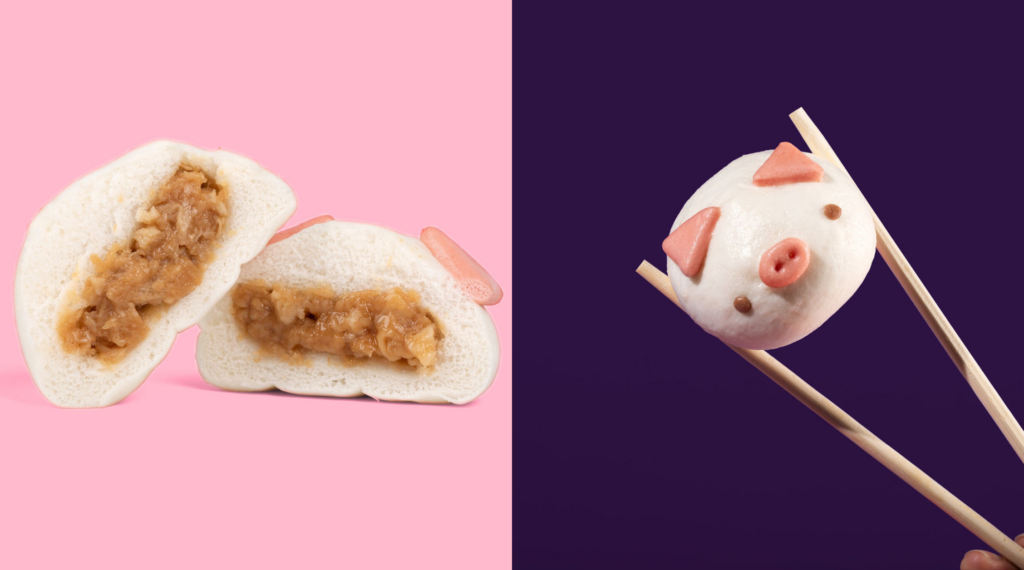
With Lypid Kitchen, the startup is focusing on Asian comfort foods with a better-for-you, plant-based approach. The BBQ Pork Piggy Bao is intended as a twist on the sweet and savoury char siu bao, a dim sum classic.
“At Lypid Kitchen, we’re reimagining favourite Asian comfort foods to offer authentic flavours that everyone can enjoy, while also caring for the planet,” said Huang.
The bao is now available for pre-order on Lypid Kitchen’s website, priced at $14.99 for a four-pack. Moreover, the brand will introduce the saturated-fat-free product on retail shelves in February 2025.
Alternative fats solve major pain points
Lypid, which has raised over $4M from investors, has several other products, which are all geared towards foodservice. These include pork belly slices in original and smoky flavours, which it debuted in March last year, braised pork belly, thick-cut bacon, and smoky BBQ crumbles.
And earlier this year, it rolled out plant-based meatballs, which it said can be used in various cuisines, including American, Italian, and Asian fusion.
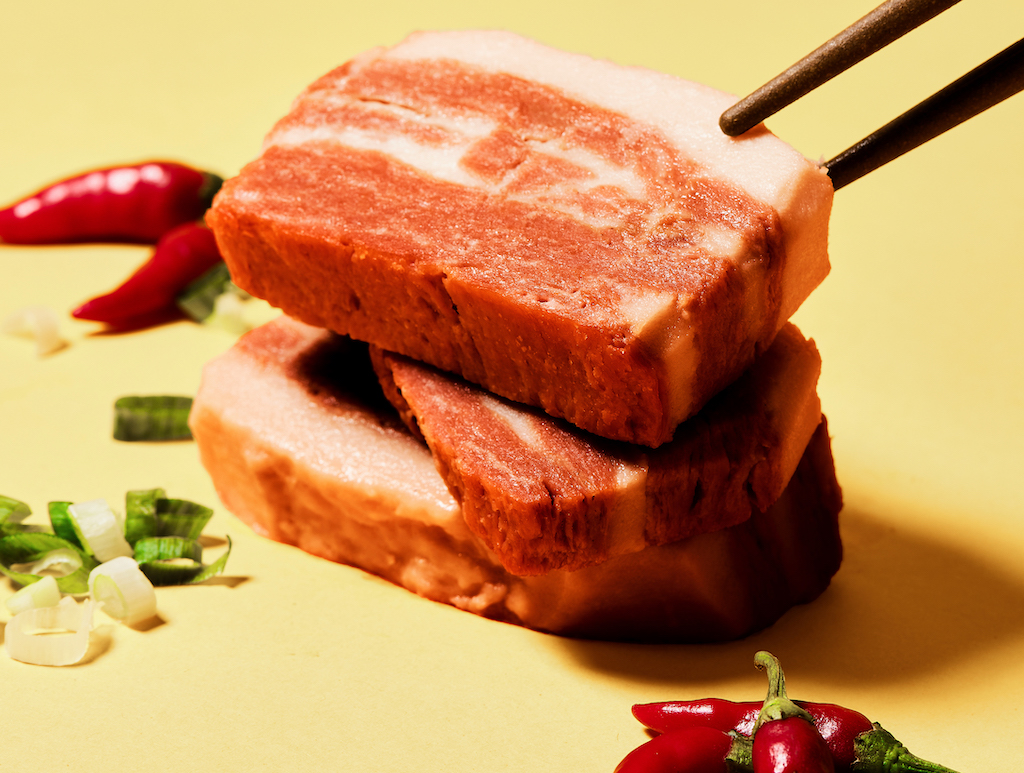
These products are available at over 500 locations globally. Burger patties made from PhytoFat have been served as part of several menu items at Louisa Coffee outlets in Taiwan since 2022. Its pork belly was part of a pasta dish at Ikea Taiwan for a limited time this year, and its offerings can also be found at Taiwanese airline company EVA Air.
Fats are becoming increasingly important in the alternative protein space, as consumers clamour for more realistic taste and texture attributes in meat and dairy analogues, while improving health outcomes.
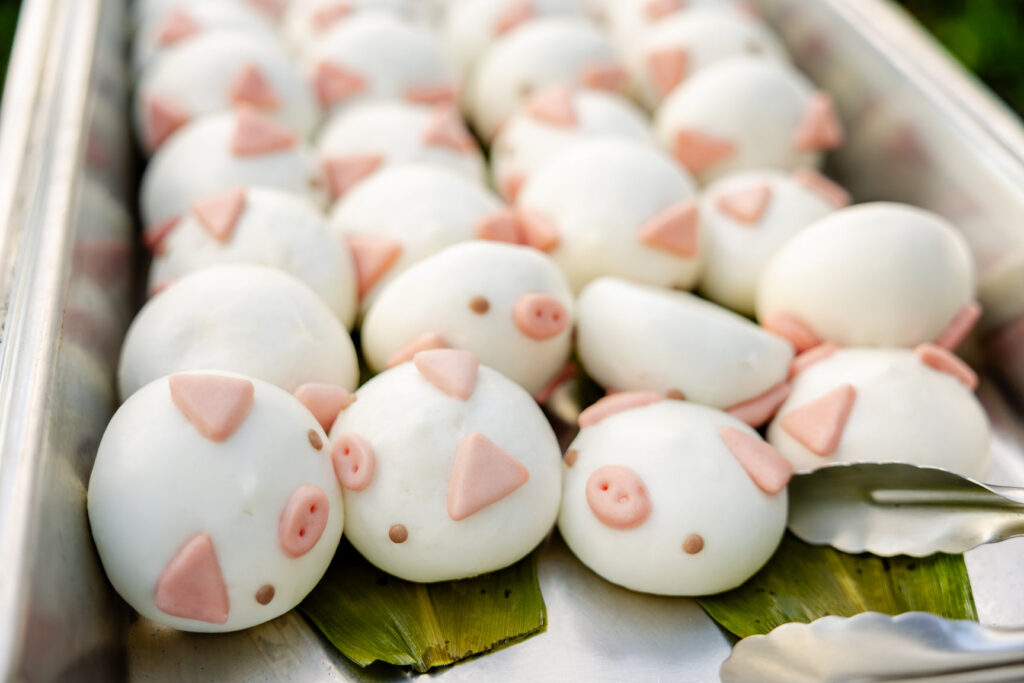
Edinburgh’s Palm-Alt is emulsifying non-tropical oils with proteins and water to give them more ‘saturated’ properties, while London-based vegan meat maker THIS has come up with an olive-oil-based emulsion to reduce the level of saturated fat in its chicken, beef and pork analogues.
Several others are working on planet- and health-friendly hard fat alternatives, whether via a combination of plants, or through fermentation. These include NoPalm Ingredients, C16 Biosciences, PALM-ALT, Äio, and Melt&Marble, among others.
The post Vegan Fat Startup & Disney Team Up to Serve ‘Piggy Baos’ at Moana 2 World Premiere appeared first on Green Queen.
This post was originally published on Green Queen.